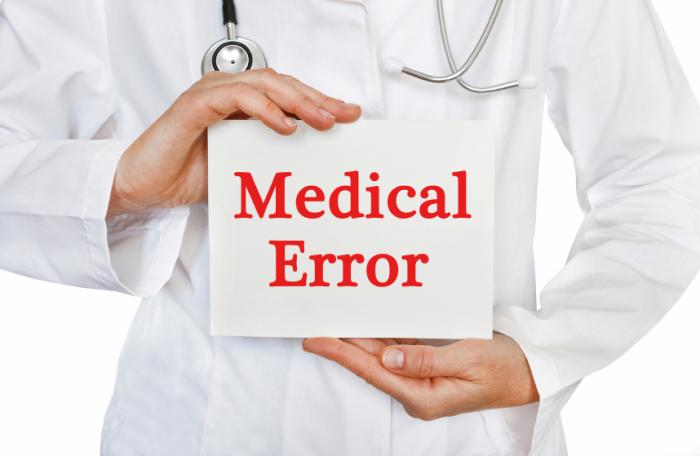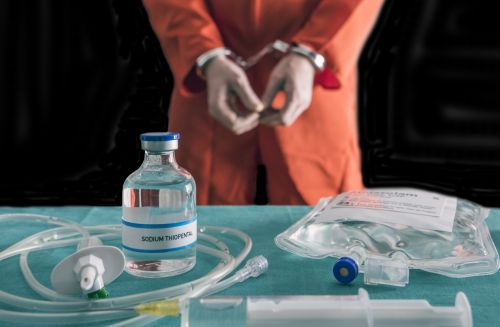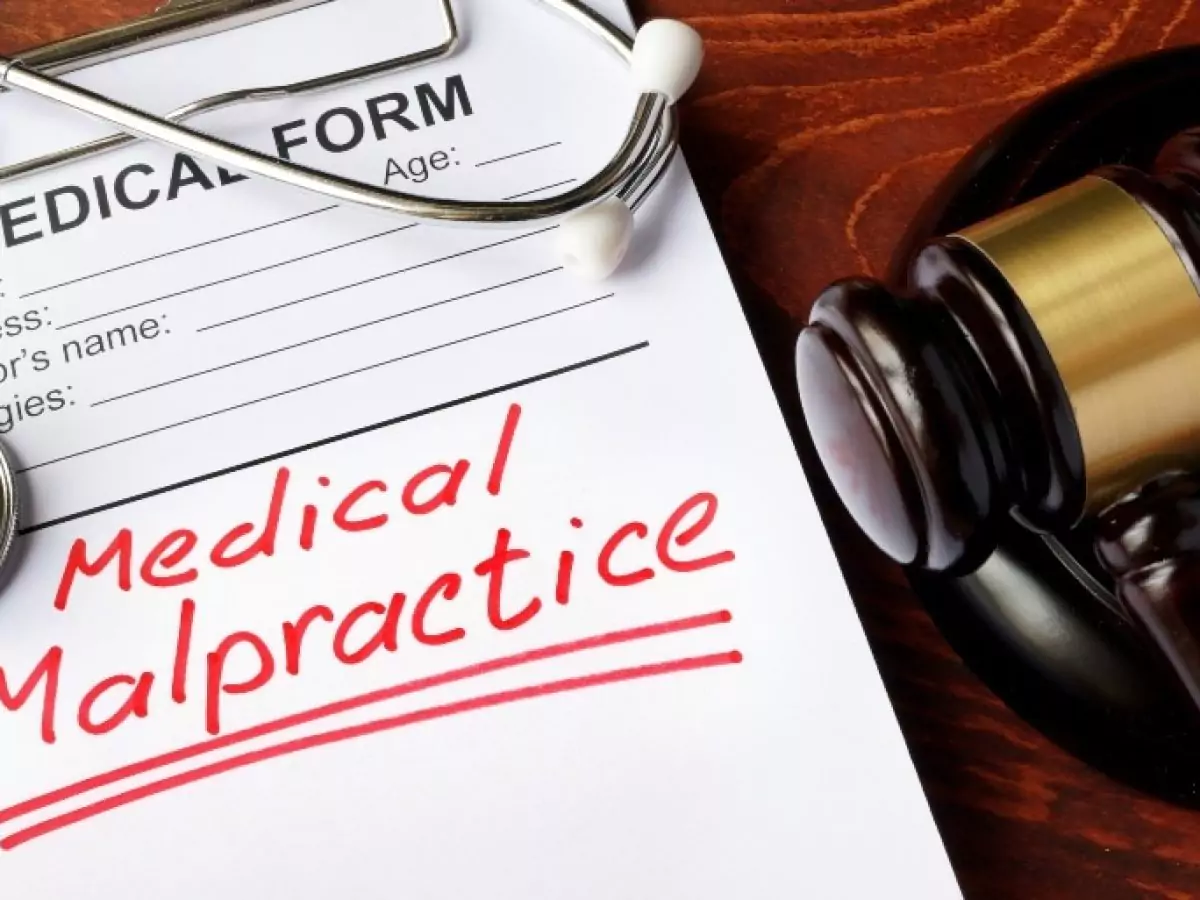What is Medical Malpractice?

Malpractice in the medical field refers to the negligent professional behaviour of a healthcare provider that leads to the illness or death of a patient. It takes place when a healthcare provider fails to provide the appropriate standard of care and treatment to a patient, and this failure causes the patient to suffer harm as a result of the failure. Misdiagnosis or failure to diagnose, surgical errors, medication errors, and improper treatment are all examples of medical malpractice. Other types of medical mistakes include misdiagnosis or failure to diagnose.
It is possible for it to take place in a wide variety of healthcare settings, including private practises, clinics, and hospitals. If you or a member of your family believes that you or they have been the victim of medical malpractice, you or they may be eligible for financial compensation for the harms that they have endured.
Related: Find Best Personal Injury Attorney Near Me
Types of Medical Malpractice
There is a wide variety of medical malpractice that can take place, and the particular kind of malpractice that takes place may be determined by the particular set of circumstances that pertain to each individual instance. The following are ten of the most common types of negligent medical care:
- Misdiagnosis or failure to diagnose: This occurs when a healthcare provider fails to correctly identify a medical condition or illness.
- Surgical errors: These can include performing surgery on the wrong body part, leaving surgical instruments inside the patient’s body, or performing the wrong surgery.
- Medication errors: This can include prescribing the wrong medication or incorrect dosage, or failing to monitor the patient for adverse reactions.
- Birth injuries: These can occur during labor and delivery, and may be caused by medical negligence or improper use of medical instruments.
- Anesthesia errors: This can include administering the wrong amount of anesthesia or failing to monitor the patient’s vital signs during surgery.
- Delayed diagnosis: This occurs when a healthcare provider fails to timely diagnose a medical condition, leading to a delay in treatment.
- Infections: Healthcare-associated infections can occur when proper sterilization procedures are not followed.
- Improper treatment: This can include providing treatment that is not appropriate for the patient’s condition or failing to follow established treatment guidelines.
- Lack of informed consent: This occurs when a healthcare provider fails to properly inform a patient of the risks and benefits of a medical procedure or treatment.
- Sexual assault: This is a serious form of medical malpractice that involves any non-consensual sexual contact by a healthcare provider.
Causes of Medical Malpractice
There are many potential causes of medical malpractice. Some common causes include:
- Lack of proper training or education: Healthcare providers who are not properly trained or educated in their field may be more prone to making mistakes.
- Fatigue or overwork: Healthcare providers who are working long hours or who are not getting enough rest may be more prone to making errors.
- Communication breakdowns: Miscommunication between healthcare providers or between providers and patients can lead to errors in diagnosis and treatment.
- Inadequate resources: Healthcare providers who do not have access to the necessary equipment, technology, or staff may be more likely to make mistakes.
- Substance abuse: Healthcare providers who are under the influence of alcohol or drugs may be more prone to making mistakes.
- Poor record-keeping: Inaccurate or incomplete medical records can lead to errors in diagnosis and treatment.
- Pressure to see a high volume of patients: Healthcare providers who are under pressure to see a large number of patients in a short amount of time may be more likely to make mistakes.
It is important to note that not all medical mistakes rise to the level of medical malpractice. In order for a mistake to be considered medical malpractice, it must be shown that the healthcare provider deviated from the accepted standard of care and that this deviation caused harm to the patient.
Related: Find Best Personal Injury Attorney Near Me
Medical Malpractice Law in U.S.A
Patients in the United States who have suffered an injury or other adverse effect as a direct result of medical negligence are afforded protection by laws pertaining to medical malpractice. Patients who believe they have been the victim of medical malpractice in the United States can file a lawsuit to seek compensation for their injuries if they believe they have been the victim of medical malpractice. Because medical malpractice cases are typically handled as civil lawsuits in the United States, patients who believe they have been the victim of medical malpractice can file a lawsuit.

In order for a patient to successfully sue a healthcare provider for medical malpractice in the United States, the patient must be able to demonstrate that the healthcare provider deviated from the generally accepted standard of care and that this deviation was the direct cause of the patient’s injuries. The level of care and treatment that is considered to be the standard of care is the level of care and treatment that a healthcare provider who is reasonably competent and skilled would have provided under the same or similar circumstances.
If the patient is able to demonstrate that the healthcare provider was negligent and that this negligence was the cause of the patient’s injuries, then the patient may be eligible for compensation for damages including medical expenses, lost wages, and pain and suffering. However, the patient must be able to prove both of these things.
Lawsuits alleging medical malpractice can be difficult to navigate and frequently call for the testimony of medical professionals in order to determine the appropriate standard of care and establish whether or not the defendant healthcare provider deviated from this standard. It is important to speak with an experienced medical malpractice attorney who can help you understand your legal options if you believe that you or a member of your family has been the victim of medical malpractice. This conversation should take place as soon as possible after you become aware of the situation.
Related: Find Best Personal Injury Attorney Near Me
Punishement of Medical Malpractice
Malpractice in the medical field is a serious problem that can have severe repercussions not only for the patient but also for the person providing medical care. Patients who believe they have been the victim of medical malpractice in the United States can file a lawsuit to seek compensation for their injuries if they believe they have been the victim of medical malpractice. Because medical malpractice cases are typically handled as civil lawsuits in the United States, patients who believe they have been the victim of medical malpractice can file a lawsuit.

In the event that a healthcare provider is found to have been negligent in a medical malpractice case and is held liable for the patient’s injuries, the patient may be entitled to compensation for damages including medical expenses, lost wages, and pain and suffering. This is because the patient was injured as a direct result of the healthcare provider’s negligence. Additionally, the healthcare provider might be required to pay the costs and fees associated with legal representation.
In addition to financial consequences, a medical malpractice conviction can also have other consequences for the healthcare provider. These may include:
- Loss of medical license: In some cases, a healthcare provider may lose their medical license as a result of a medical malpractice conviction. This means that they will no longer be able to practice medicine.
- Loss of privileges: A healthcare provider may also lose their privileges to practice at certain hospitals or clinics as a result of a medical malpractice conviction.
- Professional discipline: Professional organizations and regulatory bodies may take disciplinary action against a healthcare provider who has been convicted of medical malpractice. This could include sanctions or fines.
- Negative impact on reputation: A medical malpractice conviction can also have a negative impact on a healthcare provider’s reputation, which can affect their ability to practice medicine in the future.
It is essential to keep in mind that not all blunders in medical care constitute malpractice in the medical profession. In order for an error to be classified as medical malpractice, it must be demonstrated that the healthcare provider deviated from the generally recognised standard of care and that the patient suffered as a result of this deviation from the standard of care.
Related: Find Best Personal Injury Attorney Near Me



